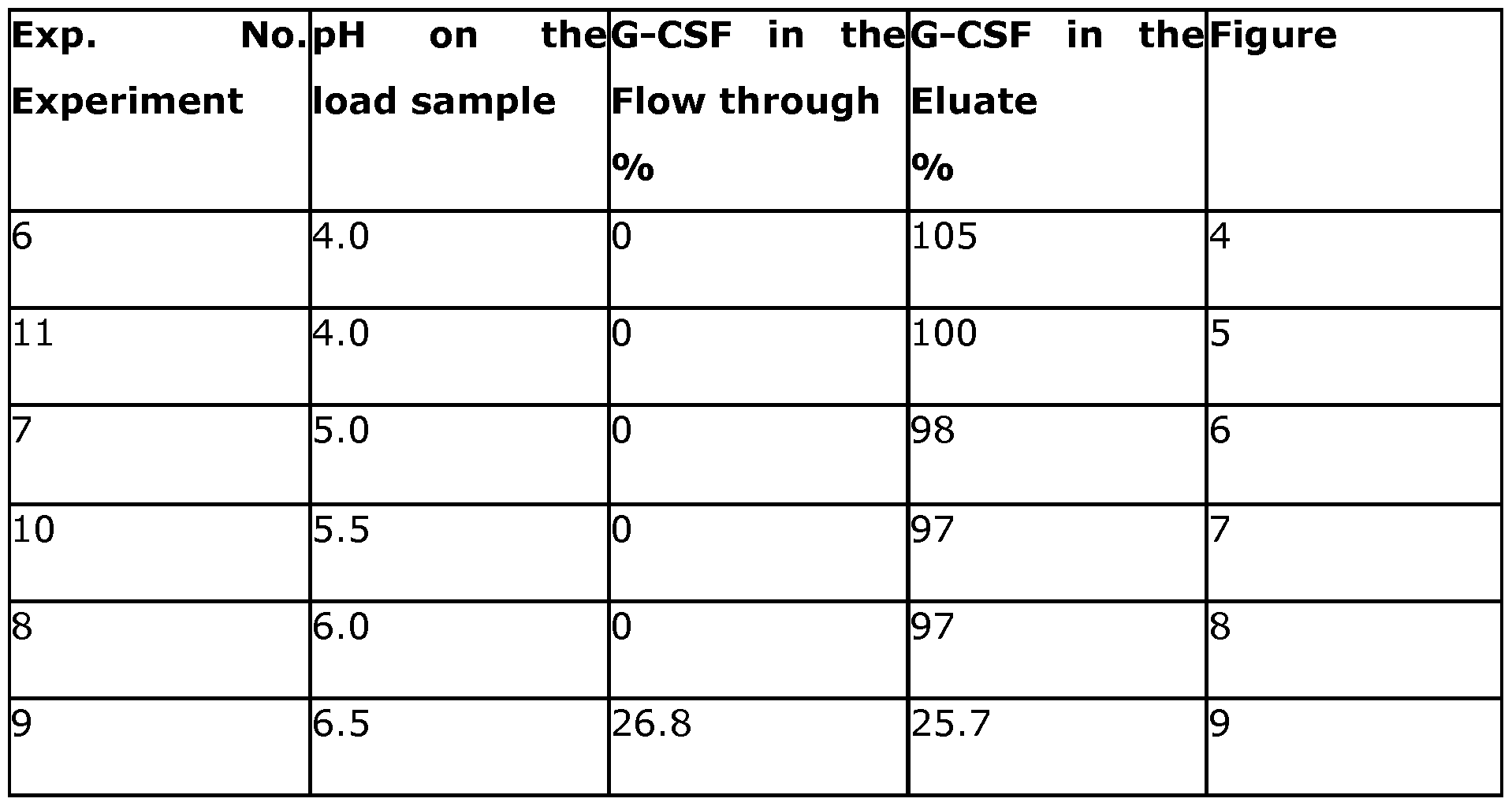


Yamamoto S, Nakamura M, Tarmann C, Jungbauer A (2007) Retention studies of DNA on anion-exchange monolith chromatography Binding site and elution behavior. Yamamoto S, Yoshimoto N, Tarmann C, Jungbauer A (2009) Binding site and elution behavior of DNA and other large biomolecules in monolithic anion-exchange chromatography. Ghanem A, Healey R, Adly FG (2013) Current trends in separation of plasmid DNA vaccines: a review. Liu MA (2011) DNA vaccines: an historical perspective and view to the future. Pereira LR, Prazeres DMF, Mateus M (2010) Hydrophobic interaction membrane chromatography for plasmid DNA purification: design and optimization. Sousa A, Sousa F, Queiroz JA (2012) Advances in chromatographic supports for pharmaceutical-grade plasmid DNA purification. This behaviour can be linked to the presence of the more hydrophobic phenyl group in Capto Adhere, leading to stronger retention of ssDNA molecules, which have a more hydrophobic character due to a higher degree of base exposure. Another pronounced difference between the resins was observed in the inverted elution of ss- and dsDNA, where ssDNA eluted at 2.88 M NaCl on Capto Adhere, while on Capto Q ImpRes ssDNA eluted already at 1.47 M NaCl. This recognition was not observed for Capto Adhere. Capto Q ImpRes provided a recognition for guanylate bases when samples of deoxynucleotides or poly(dG) were examined. All deoxynucleotides and DNAs tested bound strongly to the chromatographic materials and could be eluted by a linear gradient of increasing NaCl concentration. These variations in biophysical properties have been utilized for comparative separations on these two resins. The intrinsic differences between single- and double-stranded DNAs are related to charge, hydrophobicity, size and three-dimensional structure. Capto Adhere carries a multimodal ligand which combines strong anion with aromatic recognition, while Capto Q ImpRes is a strong anion exchanger with a chemically similar ligand, but without a phenyl group. The differences in chromatographic behaviour of individual deoxynucleotides as well as small single-stranded and double-stranded DNA molecules have been examined for two resins from the Capto family: Capto Adhere and Capto Q ImpRes.


 0 kommentar(er)
0 kommentar(er)
